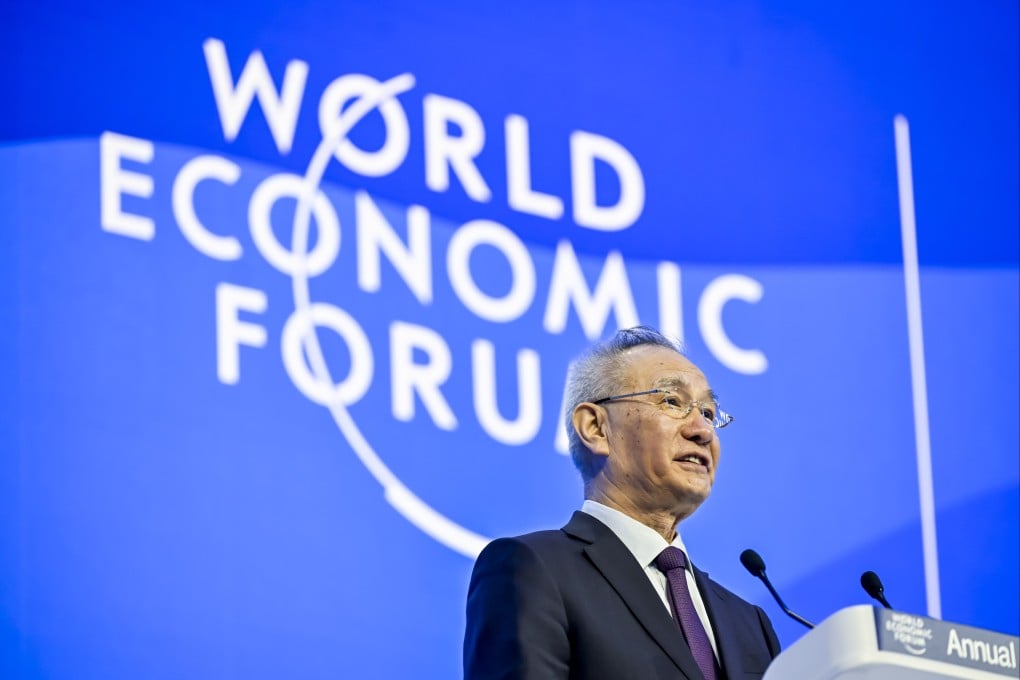Hold onto your hats, folks, because the Bank of Japan is sounding the alarm! Board member Shizuka Nakagawa came out swinging today, warning that excessive market fluctuations, coupled with the unpredictable whims of US tariff policy, could seriously derail economic progress.

Let’s be clear: this isn’t just academic hand-wringing. Nakagawa points to a fragile consumer recovery already battling the relentless pressure of rising living costs. Now, throw in the uncertainty of what Uncle Sam might do next with trade, and you’ve got a recipe for shattered consumer confidence.
It’s a tightrope walk for Japan. While we’re seeing some signs of consumer spending picking up, it’s incredibly vulnerable to external shocks. The yen’s recent weakness, while offering some export benefits, is exacerbating those rising costs for households.
Deep Dive: Understanding Currency Impacts and Tariff Risks
A weakening currency, like the yen, increases the price of imported goods, immediately hitting consumers in the wallet. This inflationary pressure can offset any gains from wage increases.
Tariffs, essentially taxes on imports, directly inflate costs for both businesses and consumers. The uncertainty surrounding potential new tariffs creates a chilling effect on investment and planning.
Furthermore, market volatility – wild swings in stock prices or interest rates – erodes consumer and business confidence, leading to decreased spending and investment. It’s a vicious cycle.
This isn’t just a Japanese problem, either. It’s a global warning. We’re operating in a world increasingly susceptible to these kinds of shocks, and central banks need to be ready to respond. Nakagawa’s comments are a crucial reminder of that reality.






